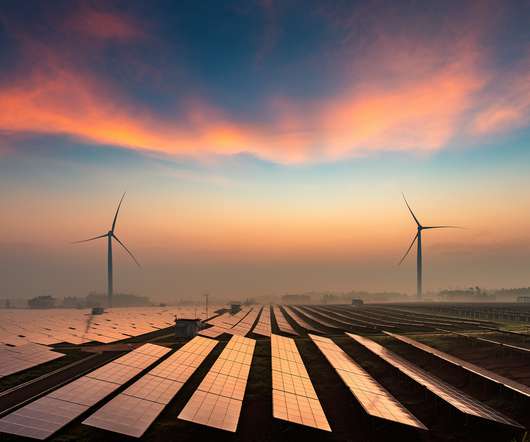EEA report: EVs are better for climate and air quality
Green Car Congress
NOVEMBER 26, 2018
The EEA report ‘ Electric vehicles from life cycle and circular economy perspectives ’ reviews current evidence on electric cars’ impacts on climate change, air quality, noise and ecosystems, compared with conventional cars. The EEA has also published a new briefing on the environmental and climate impacts of transport.











Let's personalize your content